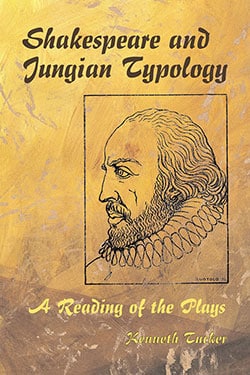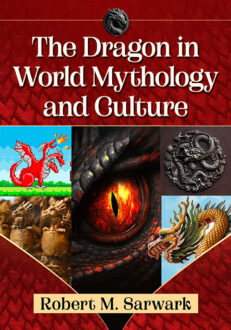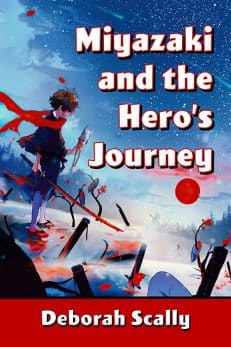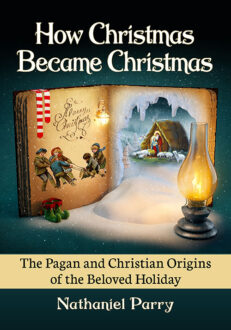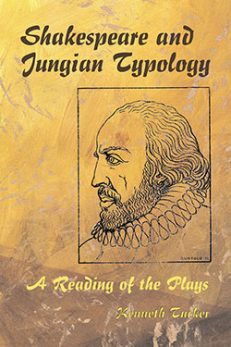Shakespeare and Jungian Typology
A Reading of the Plays
$35.00
In stock
About the Book
The reader of Shakespeare has always been curious about the Bard’s actual religion, opinions, sexual orientation, and relationships. We would like to ask him why his Hamlet is so indecisive, whether Henry V is his ideal ruler, and whether he himself fell in love with Rosalind. The Jungian theories of psychology used in literary interpretation have almost always involved a broader theory of archetypes rather than concentrating on more specific psychological types, despite Jung’s belief that an understanding of these types is vital to self-realization. Jung’s typological theories, applied to literary studies, may illuminate the personalities of fictional characters and indeed of the author himself.
The psychological type of a writer’s character can be understood as a projection of the author’s own personality: Iago can show Shakespeare’s rational function whereas Othello embodies the expression of the dramatist’s capacity to experience emotion. Thus Jungian typology initiates a quasi-biographical approach to understanding writers and their works. Instead of directing attention toward an author’s education, class prejudices, and so on, it leans toward important emotional undercurrents within the writings, which in turn express similar currents within the author’s psyche. Jungian psychetypology is long overdue in gaining recognition as a tool for literary analysis, and this work applies these theories to the full spectrum of Shakespeare’s plays in detailed individual readings and comparisons.
About the Author(s)
Bibliographic Details
Kenneth Tucker
Format: softcover (6 x 9)
Pages: 175
Bibliographic Info: notes, bibliography, index
Copyright Date: 2003
pISBN: 978-0-7864-1647-9
eISBN: 978-0-7864-8204-7
Imprint: McFarland
Table of Contents
Preface 1
Introduction 6
ONE · “Cry, havoc!” King John and the Darkling Plain 15
TWO · One Man’s Meat Is Another Man’s Poison: Psychetypes and Individual Realities 33
THREE · Thought and Feeling in the Comedies 46
FOUR · Antony and Celopatra and Troilus and Cressida: Lovers and Other Strangers 56
FIVE · “Stay, We Must Not Lose Our Senses”: The Emergence of the Inferior Function 80
SIX · Hamlet in Hell: Psychetypological Chaos 107
SEVEN · Shakespeare’s Romances: The Return to Eden And the Return of the Goblins 134
Notes 155
Bibliography 162
Index 167
Book Reviews & Awards
“read and enjoy…this readable monograph will enlighten both teachers and students of Shakespeare…interesting…valuable…useful”—Kentucky Philological Review.`

